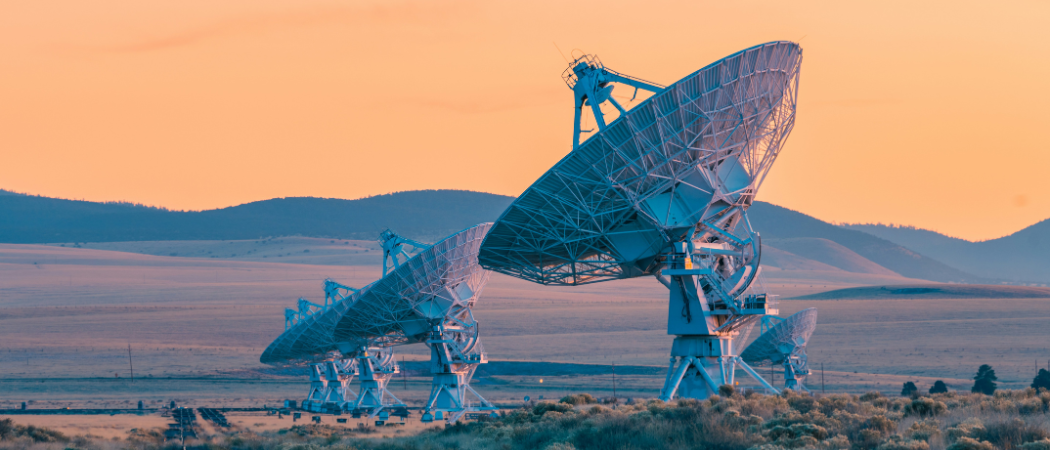Science communication support and outreach opportunities are in high demand as researchers fight for space in a noisy media landscape

Photo credits: Yifu Wu / Unsplash
Communicating science to the public has been a part of the job for academic researchers for years, but the rise of social media and growing misinformation about science has raised the stakes. As national funders take steps to better prepare their researchers for public engagement, EU programmes are struggling to meet demand for support.
“Expecting scientists to excel in both research and public engagement without adequate resources or recognition is unrealistic,” said Lidia Borrell-Damián, secretary general of Science Europe. “Institutions must provide dedicated training and incentives to address this communications gap and cultivate an institutional culture where science communication is strategically integrated into research processes and programmes.”
One organisation taking up the challenge is France’s National Centre for Scientific Research, which has just published a guide to public speaking for its own scientists. The aim is to teach them how to disseminate research-driven knowledge and make it accessible to all.
“It is crucial for scientists to speak out in the media, as their expertise is essential to informing debates, particularly in combatting misinformation,” a spokesperson for the organisation said. “Their voice helps share knowledge, the scientific approach and the state-of-the-art in a given field with a wide audience.”
This is a responsibility that most researchers are willing to accept, so long has they have support.
“As an academic with little free time to do public engagement, I think it is a big ask,” said Clare Birchall, professor of contemporary culture at King’s College London. “But if we want to combat the anti-intellectual, anti-science stance of much conspiracist populism today, it’s imperative that scientists do not retreat into the shadows.”
Unmet demand for training and outreach
EU research grants come with an obligation to communicate results outside academia, yet there is clearly an unmet demand for support.
“We get frequent requests from Marie Skłodowska-Curie Actions fellows to support them in improving their communication skills,” said a European Commission official speaking on behalf of the programme. “When we asked them after a satellite event at the last EuroScience Open Forum conference, for example, what it is they would like to learn more about, communication ranked first. And our communication training sessions are regularly booked out.”
There also appears to be a shortage of opportunities to address lay audiences. “When we organise outreach events, for example, we open targeted calls for applications among our fellows and alumni,” the official said. “We regularly receive five times more applications than we can accept, which demonstrates that there is high interest in participating in such events.”
Related articles
- EU climate policy ignores latest science on forests, researchers say
- Viewpoint: the world must wake up to threat of mistrust in science
Other observers think the communications gap in science should be addressed by re-thinking the way in which knowledge is generated.
For Diana Ürge-Vorsatz, a professor in environmental science and policy at the Central European University, science communication should be a bidirectional process in which all stakeholders can express what they believe would be relevant and useful to them.
“More knowledge co-generation is critical [. . .] rather than just this one way of us, scientists, communicating to you from our ivory towers,” she said. “It’s in the interest of all scientific institutions that their results don’t just stay on the shelves and in journal articles.”
Yet all scientists cannot be expected to become excellent communicators, Ürge-Vorsatz added, especially when they are forced to compete with “influencers” who are sometimes undermining the relevance of science.





 A unique international forum for public research organisations and companies to connect their external engagement with strategic interests around their R&D system.
A unique international forum for public research organisations and companies to connect their external engagement with strategic interests around their R&D system.